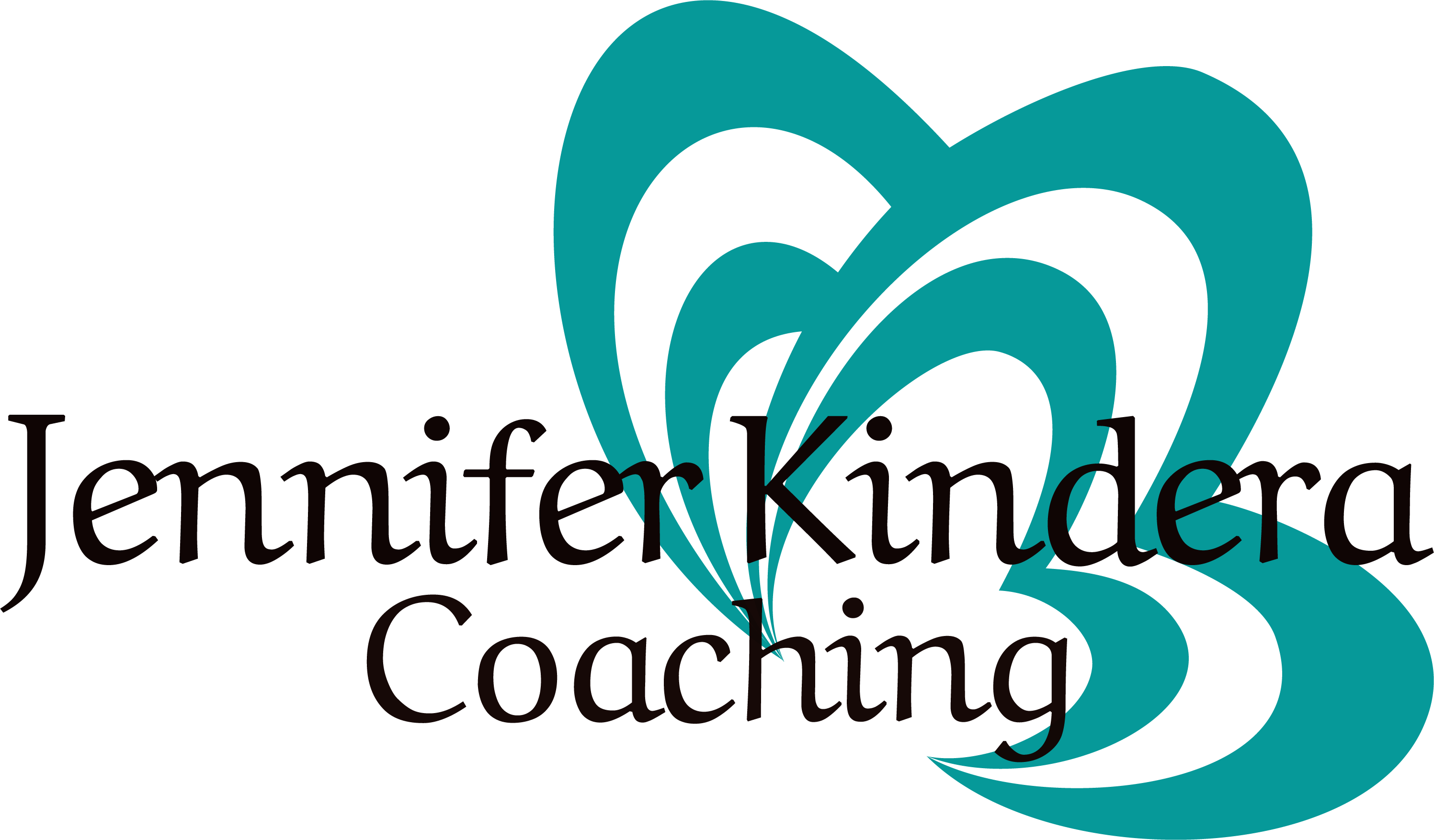Shame
The Complex Relationship Between Trauma & Toxic Shame
Toxic shame is a potent but misunderstood emotion deeply intertwined with childhood trauma. Unveiling the role it plays in our lives is vital for a meaningful recovery journey. Let's explore how toxic shame becomes internalized, how it manifests, and why addressing it is key to healing.

The Origin of Shame
Shame is a primary emotion, present from birth, distinct from secondary emotions like guilt. Initially, shame functions as a protective mechanism, activated by triggering events during childhood, such as being scolded for touching a hot stove. This basic form of shame helps keep us safe by teaching us boundaries and risk assessment.

From Healthy to Toxic Shame
In a dysfunctional upbringing, however, healthy shame can turn toxic. When a child makes a mistake, toxic caregivers induce shame by making it about the child's character, rather than the action itself. This distorted shame then becomes a pervasive guiding principle that extends into adulthood, continually undermining self-worth and emotional health.
Toxic Shame's Impact on Adult Life
Toxic shame doesn't simply disappear once we reach adulthood. It shapes our personal and professional relationships, affects our parenting styles, and influences life choices. Manifestations can vary from perfectionism and self-sabotage to chronic self-doubt and disorganization.

The Path to Healing
Healing requires illuminating these "pockets" of toxic shame through a relational context. Understanding the freeze response triggered by our nervous system when shame rises up can offer critical insights. By deconstructing the toxic inner narratives and revisiting the past with compassionate awareness, we can reshape our emotional landscape.
Navigating Toxic Shame in Trauma Recovery
Through personalized support, tailored strategies, and a focus on holistic well-being, our coaching services guide clients toward reclaiming their power, finding resilience, and creating a brighter future beyond the impacts of trauma. Contact us today to get started.
